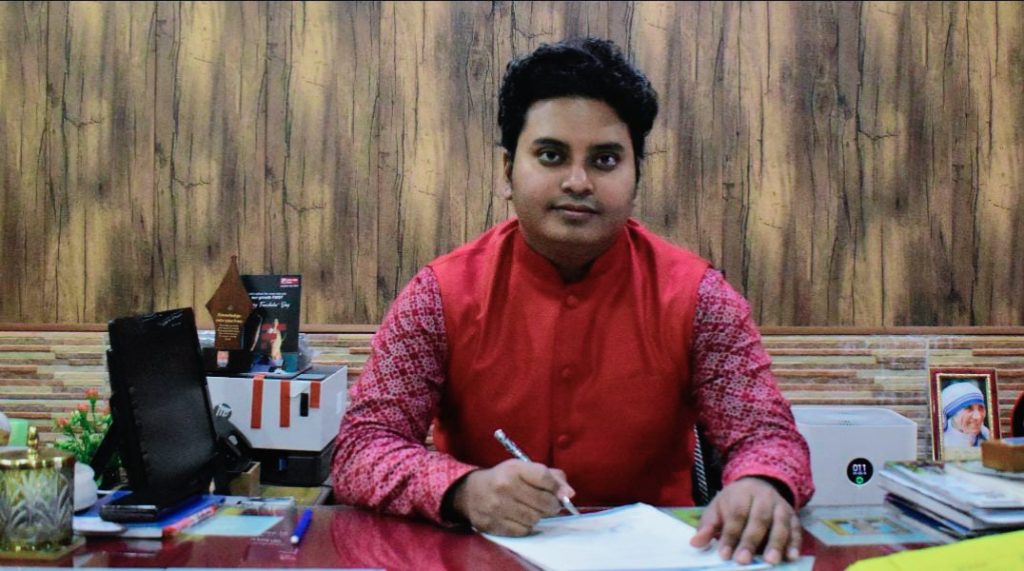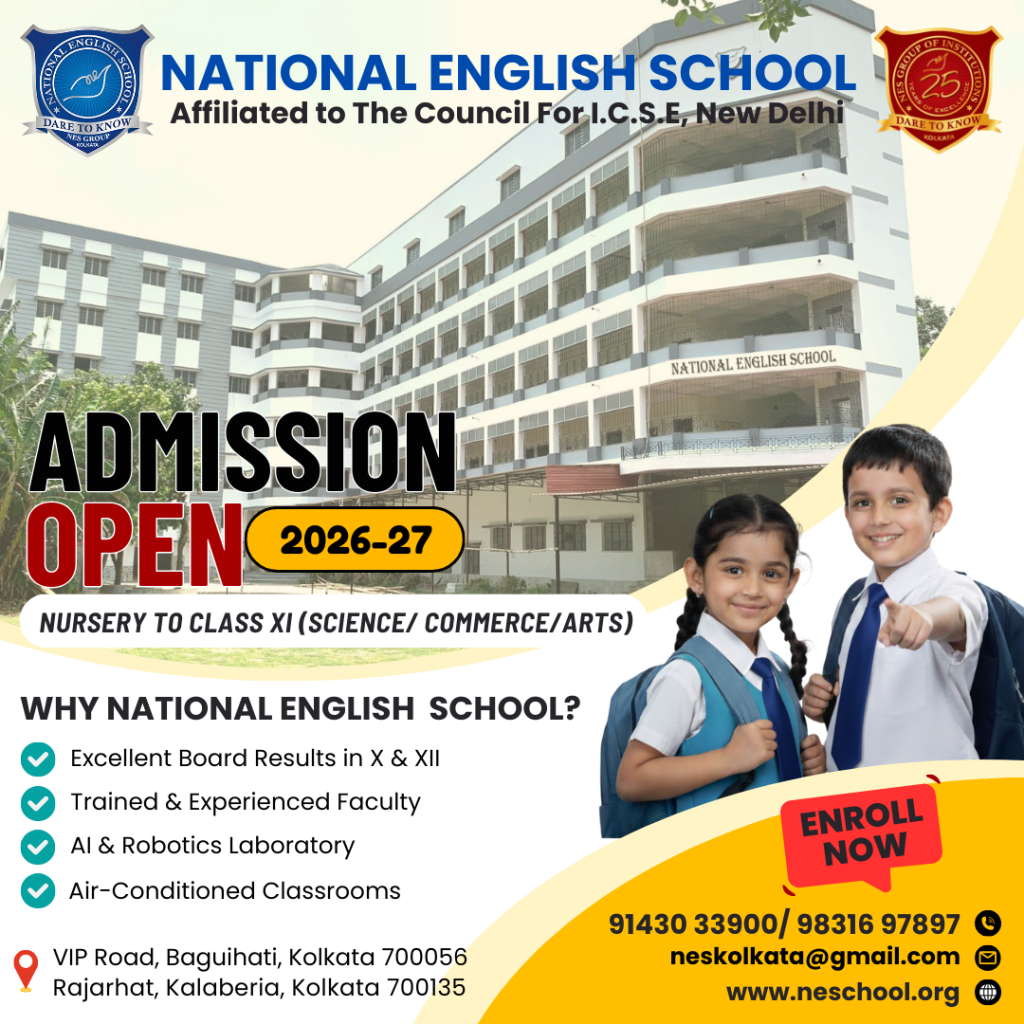know more about nes
Joint director's desk

Reimagining Education for the 21st Century
As we stand at the dawn of a rapidly evolving future shaped by artificial intelligence, automation, and augmented reality, the impetus to transform the education system has never been more urgent. The current education model, rooted in the colonial era, prioritises standardisation and conformity over creativity and independent thought. It was designed to produce a uniform replaceable workforce to run the vast bureaucratic machinery of the colonial empire. Built to sustain this machinery, the current system processes students much like an assembly line producing spare parts—categorised in age-based batches, assessed only by how well they fit into its rigid curricular structure, evaluated through standardised testing, and slotted into predefined roles based on their academic certification; stifling creativity and individuality at its root. However, this approach is set to become obsolete as automation takes over tedious and repetitive tasks, making adaptability, innovation, and critical thinking essential for thriving in the modern era.
The Need for a Fundamental Shift
In the current workplace where information is readily accessible, there is no incentive for rote memorisation, which was useful in the past where we had to run to the library and painstakingly browse through books for every piece of information. Moreover, with the proliferation of AI and automation, many conventional jobs have become defunct; giving rise to opportunities that demand the ability to think critically and tackle complex problems. The education system must adapt to focus on developing abilities that prepare students for this new reality.
Transcending the Focus: From Standardised Tests to Holistic Development
Education must move beyond the practice of knowledge acquisition through rote memorisation and its evaluation through standardised tests, which fail to capture the full range of a student’s abilities. Instead, it should embrace continuous assessment methods that reflect real-world problem-solving, encourage collaboration, and highlight creativity.
Co-curricular activities like sports, public speaking, debate, quiz, and group discussion deserve greater emphasis for their role in shaping well-rounded individuals. These experiences instil teamwork, discipline, time management, leadership skills, and the ability to think on one’s feet—attributes that are essential for success in both personal and professional life.
Re-envisioning the Role of Educators
To prepare students for the challenges ahead, teachers must rise above their traditional roles as dispensers of knowledge. Instead, they should focus on the real-world applications of the topics being taught, engage students using 3D working models, augmented reality, and real-life examples, instil empathy, ethics, and values portrayed in the lessons, and guide students in developing critical thinking and problem-solving skills. Emphasis should be given to practical experiments, hands-on experiences, social work, and collaborative projects that help students develop emotional intelligence, adaptability, cooperation, resilience, and the ability to harness technology effectively.
Moreover, in this era driven by innovation, educators must nurture creativity and foster a mindset that encourages imagination, curiosity, experimentation, and the pursuit of innovative solutions. As someone with multiple U.S. granted patents and peer-reviewed research publications presented in international conferences organised by ISI Kolkata and IIT Kharagpur, I can attest to the transformative impact of fostering creativity and innovation from an early age. My work can be found by googling “Samudra Neel Saha patents.”
Conclusion: Preparing Students for the Future Beyond Classroom
In a world where automation is rapidly taking over traditional jobs; human empathy, creativity, and innovation remain irreplaceable. As we navigate through this challenging environment, we need to re-envisage pedagogy right from the school level in order to prepare individuals who can think critically, collaborate effectively, and innovate in the face of technological disruption. At National English School, we focus on the holistic development of students, equipping them with the skills they need to succeed in this ever-changing, innovation-driven world. By reimagining education, we can create thinkers, innovators, and leaders who will thrive in the 21st century.


